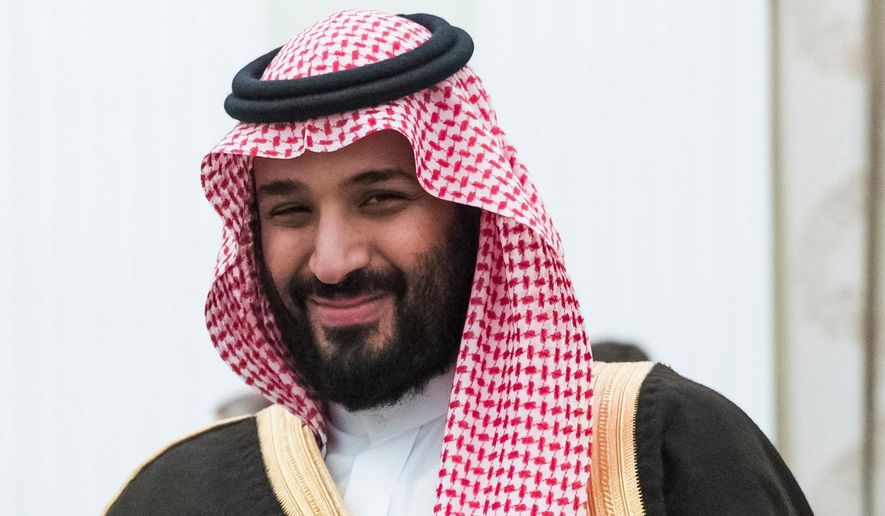For the second time in as many months, the Trump administration has signed off on a billion-dollar arms deal with Saudi Arabia.
The latest deal, announced by the Defense Security Cooperation Agency — the Pentagon directorate responsible for international sales of U.S. military weaponry — will ship 100 155 mm M109 Howitzers, 180 .50-caliber M2 heavy machine guns, eight Advanced Field Artillery Tactical Data Systems and three Fire Support Combined Arms Tactical Trainers, for a grand total of $1.3. billion.
“This sale will increase the Royal Saudi Land Force’s (RSLF) interoperability with U.S. forces and conveys U.S. commitment to Saudi Arabia’s security and armed forces modernization,” agency officials said in a statement issued Thursday. “The proposed sale will improve Saudi Arabia’s capability to meet current and future threats and provide greater security for its border regions and critical infrastructure,” officials added.
Specifically, the Howitzer systems included in the deal will be converted by the Saudi military into the M109A6 Paladin Medium Self-Propelled Howitzer heavy artillery weapon, agency officials said.
Pentagon and State Department officials did not identify the defense firm which will serve as the prime contractor for the the latest arms deal to Riyadh. American defense firm BAE Systems handles the majority of Paladin conversions for the U.S. military.
The converted Paladin systems “will enhance Saudi Arabia’s ability to support its deployed forces and defend its borders,” particularly the country’s southern border with Yemen, where Riyadh is spearheading a bloody campaign against Iranian-backed Houthi rebels in the country.
“Saudi Arabia will have no difficulty absorbing these vehicles into its armed forces,” agency officials said, adding the new influx of U.S. military hardware “will not alter the basic military balance in the region.” Thursday’s deal comes a month after the Trump White House green-lit another billion-dollar arms deal for Riyadh, approved during the first visit by Saudi Crown Prince Mohammed bin Salman to Washington.
That arms package included up to about 6,700 U.S.-built anti-tank missiles built by U.S. defense contractor Raytheon, as well as other items including support, maintenance and spare parts for American tanks, helicopters and other equipment already in Riyadh’s arsenal.
The Obama administration has suspended a handful of U.S. arms sales to Saudi Arabia over concerns about civilian deaths tied Saudi-led operations in Yemen.
Riyadh’s heavy-handed strategy to defeat the Houthis, punctuated by an devastating artillery and aerial campaign — which has reportedly included the use of cluster bombs, which have been banned under the international rules of war — has generated outrage among human rights groups. Over 6,000 Yemeni civilians have been killed and hundreds of thousands more wounded in fighting between Saudi, Yemeni government forces and Houthi rebels over the past year.
But in March, Mr. Trump lauded the Saudis military prowess, noting the country’s defense coffers could be a boon for American weapon-makers.
“Saudi Arabia is a very wealthy nation, and they’re going to give the United States some of that wealth, hopefully in the form of jobs, in the form of the purchase of the finest military equipment anywhere in the world,” Mr. Trump said during a meeting with Prince Salman at the White House.
• Carlo Muñoz can be reached at cmunoz@washingtontimes.com.




Please read our comment policy before commenting.